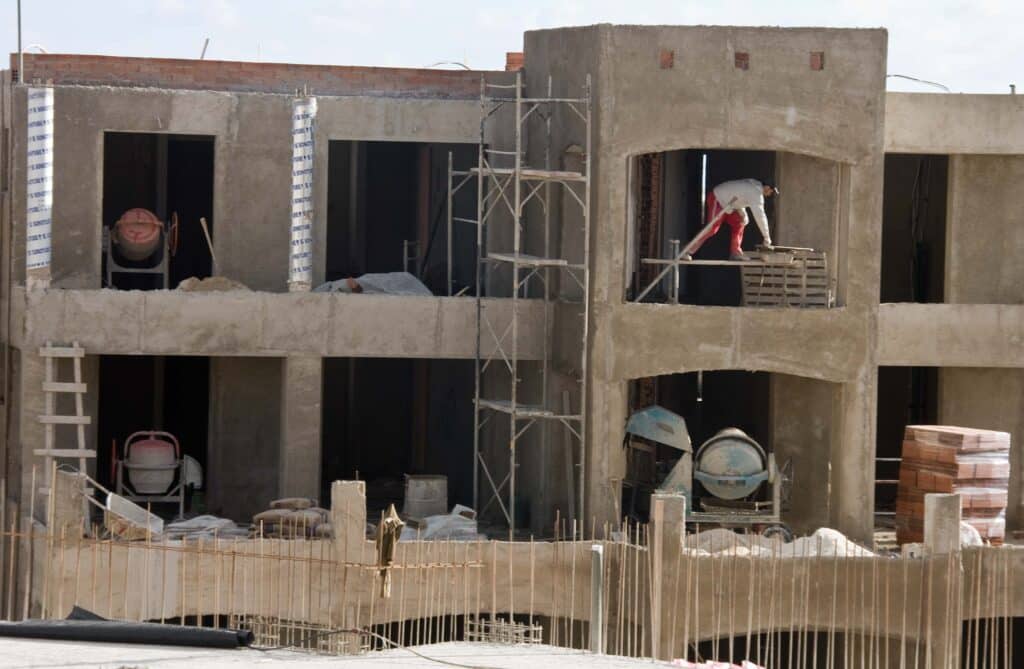Fighting the growing trend of illegal and undeclared work in Cyprus is proving to be a challenge, Labour Minister Yiannis Panayiotou said on Sunday.
Addressing the 29th Annual General Assembly of the Federation of Building Contractors Associations of Cyprus, the minister described the phenomenon as problematic for everyone with knock-on effects on the economy.
“Unfortunately we see that there has been an increasing trend lately,” he said.
In the construction industry, he added, undeclared and illegal work is approaching 25 per cent.
“It is problematic for law-abiding employers, for law-abiding contractors and subcontractors who follow the provisions of the law,” he said.
He did admit though that the Cyprus economy can only run if people other than Cypriots are employed.
“But to do this properly, work needs the appropriate regulations and the more well-regulated the labour market, the easier Cyprus will be able to welcome more workers from abroad”.
According to the latest Eurostat data unemployment is falling in Cyprus while Papanyiotou said the approval of work permits for foreigners has been speeded up.
“So we seem to be able to manage effectively and balanced, the market to be properly staffed and the domestic workforce to be utilised to the maximum possible extent,” he said.
President of the contractors association Stelios Gavriel said the shortage of labour in the construction sector, in conjunction with geopolitical developments in the region, contribute to the fact that third country personnel are systematically attracted through illegal procedures, under the promise of a job.
“We are willing to stand with the state to resolve this serious issue, taking drastic measures to combat illegal and undeclared work,” he said.
Lack of skilled and unskilled labour is an issue that affects the construction sector where the need for labour is great, president of the Employers and Industrialists Federation (Oev) Antonis Antoniou said.
He said in 2023, the contribution of the construction sector to the island’s GDP increased to about 15 per cent, while forecasts for 2024 are very optimistic. Jobs in the construction sector and downstream industries exceed 35,000, he said.
Speaking on behalf of President Nikos Christodoulides, Transport Minister Alexis Vafeades assured of the government’s efforts tosupport the construction sector, “which contributes decisively to economic growth”.
One of the main pillars of this is occupational safety and health issues, he said and welcomed the joint policy statement between government and employers.
“We reaffirm the government’s commitment to improving your working conditions,” he said.
Although the construction sector has recovered from the financial crisis of 2013, it still faces the challenges of rising construction costs, inflation, climate change and the green and digital transitions. “Together we will tackle them,” he said.
He said major government contracts are helping to boost the sector and from 2020 too 2023 a total of 84 projects were completed, at a cost of €248 million.
There are currently 40 projects under way worth €862 million.
At the same time, the Department of Public Works is planning and will implement important road projects. Fifteen projects worth €112 million are in the tender process, while for the next four years 72 projects worth €1.26 billion have been planned and promoted.







Click here to change your cookie preferences